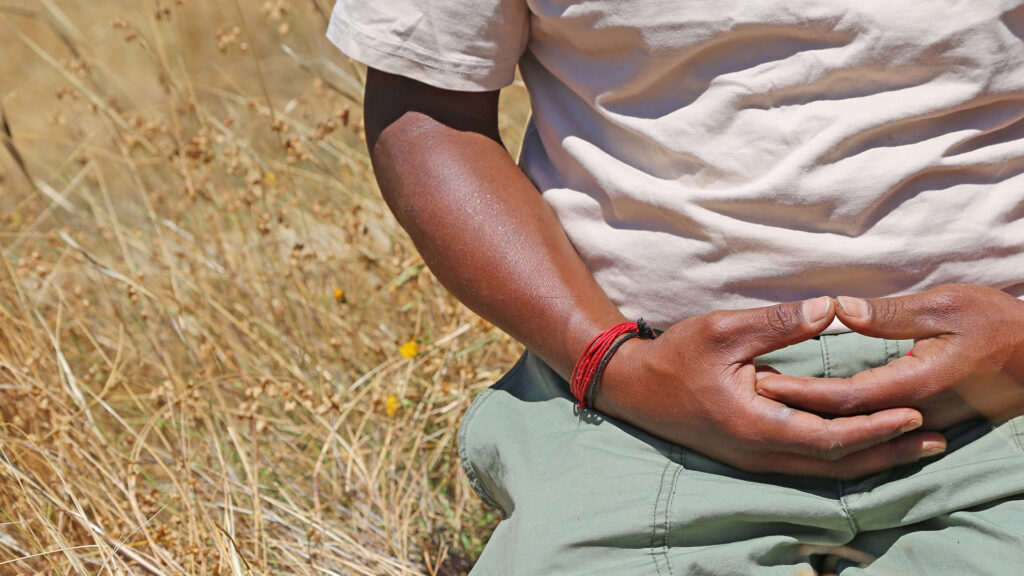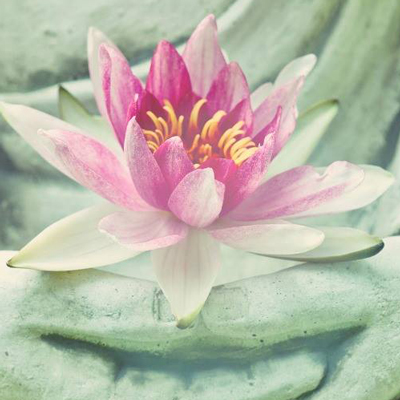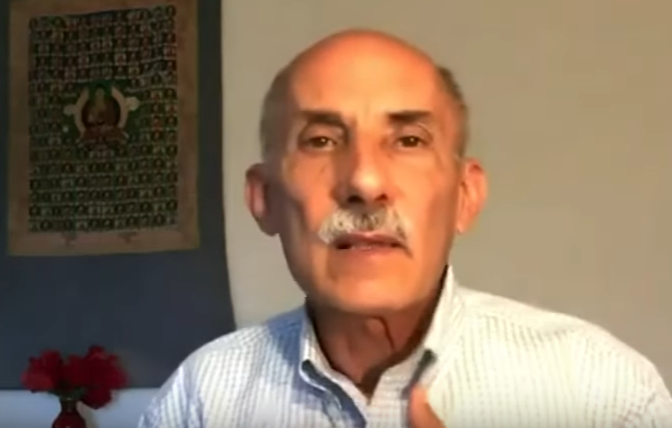Every morning I awaken torn between the desire to save the world and the inclination to savor it.— E.B. White
Spiritual life may initially be focused on self-transformation, but as mindfulness and compassion grow we naturally become attentive to the values of the society around us. When we do so, we can see how the popular promise of happiness through greed and excess consumerism is increasingly shallow and false. Our heart becomes wiser and more contented. Grasping and possessing give way to love and integrity and an innermost desire to live in harmony with all creation. There comes a longing to live more simply for the sake of our own hearts, and a growing sense of responsibility for the life of the earth. But this transformation is not automatic. In every area of life we are invited to mindfully understand our conditioning and habits, and how we can live and love more.
The world is spending its wealth in the trillion-dollar arms market, yet 10 percent of what’s spent on arms annually could feed all our children—every hungry person on earth. We have seen that our growing groundwater pollution affects every one of us. Indeed, with care and attention we recognize that some of the riches we enjoy in modern Western society come at great costs, which include the exploitation of other cultures, the economic colonization of much of the world, and the ecological devastation of habitats and species. Every time we drive, we contribute to worldwide pollution and global warming. Every time we fly, our jet fuel is secured through the politics of power in the Middle East. Industrial-scale food grown only for profit can have terrible consequences for the environment. Human and natural realms are not separate. With increasing mindfulness our eyes open to this interdependence and our mutual care grows as well.
Spiritual values do not require us to live as renunciates in monastic simplicity, nor to go back to the land. We also need spiritual leaders in politics, in medicine, in law, on Wall Street, in our police forces—in every area of life.
In Ancient Greek the word for awakening is “alethe.” Awakening’s opposite is not evil or ignorance, but “lethe,” sleep. Even after some experience of inner awakening, we can still be asleep to the consequences of our modern way of living. Sadly, interdependence is not explicitly taught in schools or a valued part of our political conversation. With compassion we can educate ourselves to see the invisible benefits and costs of our actions, until our outer life is in harmony with our heart’s true values.
To be honorable in these times we are asked to extend a “moral inventory” to our way of life. The Buddhist Eightfold Path includes Right Thought, Right Action, Right Speech, and Right Livelihood. Is the way we are living—our work, our home, our finances, our travel, our level of consumption, our political and social participation—in harmony with compassion and our understanding of interconnection? In what direction does our care for the earth and our realization of interdependence ask that we move in our life? How might we change, not out of guilt but out of love? We begin our transformation by the very act of asking these questions.





